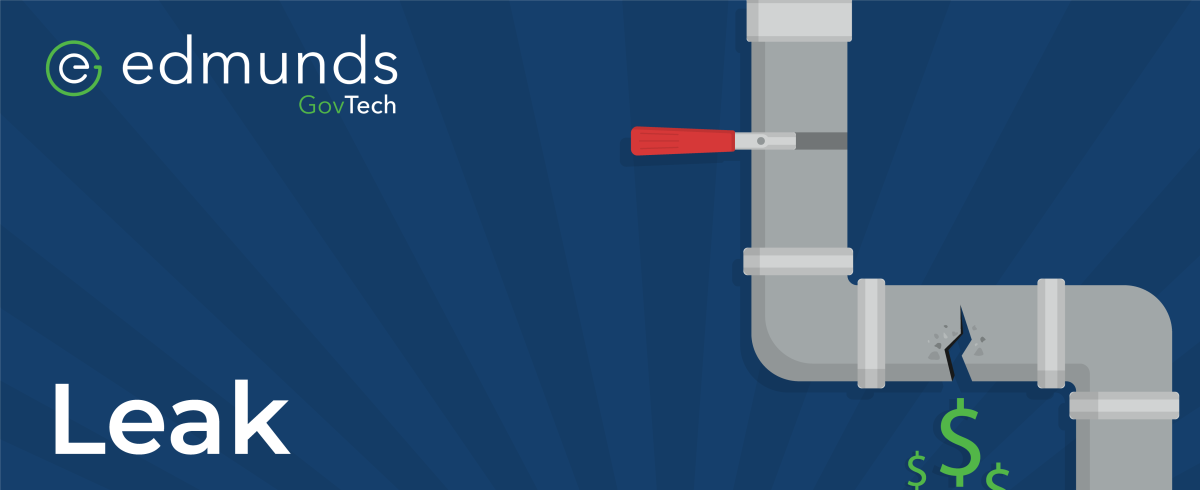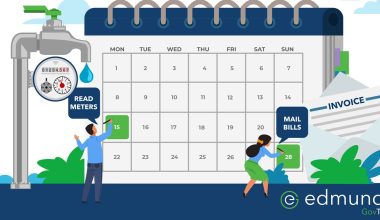Some of the emails and blogs I subscribe to (yes, I subscribe to blogs about blogging!) encourage taking popular posts from the past and periodically updating them.
Evergreen content
Blog topics that continue to remain relevant long after they were originally posted are called evergreen content. For example, this post about leak adjustments from almost six years ago is one of my most popular posts, with at least a few views every day. The topic of leak adjustments hasn’t become dated, so it is still evergreen. It also helps that leak adjustments are of interest to the general public, as well as utilities (when I do a Google search for “water leak adjustment”, it’s the third page listed!).
Compare this to my posts about COVID-19 which were relevant and timely when they were posted but, hopefully, will be old news and no longer relevant by this time next year!
Leak adjustments update
While the original post about leak adjustment policies is still relevant and accurate, two things have happened in the intervening years which have allowed some utilities to stop offering leak adjustments.
Proactive leak detection
As some utilities move to AMI meter reading systems, they also implement proactive leak detection. Proactive leak detection makes use of the capabilities in the AMI system to detect meters running continuously for a prolonged period of time. These utilities immediately contact any customer where they suspect a leak, or even a running toilet, has occurred to alert them to the potential leak. It then becomes the customer’s responsibility to have the leak repaired and the utility is absolved of any responsibility for the leak if it continues.
Leak insurance
Other utilities have contracted with third-party companies offering leak insurance. Your customer pays a small monthly fee on their utility bill to cover the premium and the insurance company covers the excess utility bill due to the leak. One utility has even self-insured for leak insurance.
What is your policy regarding leak adjustments?
I’m interested in knowing what your leak adjustment policy is. Do you still offer leak adjustments? Or have you stopped offering leak adjustments for one of the reasons listed above or some other reason? Please take this quick poll to indicate what your utility’s leak adjustment policy is.



